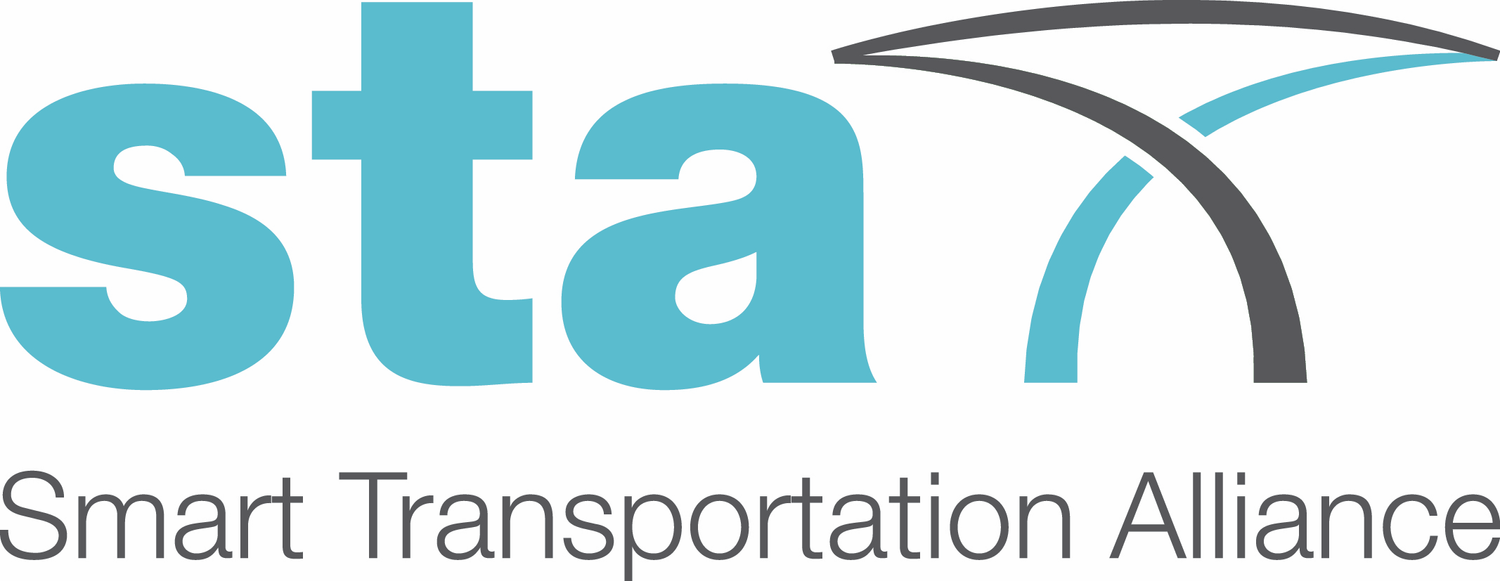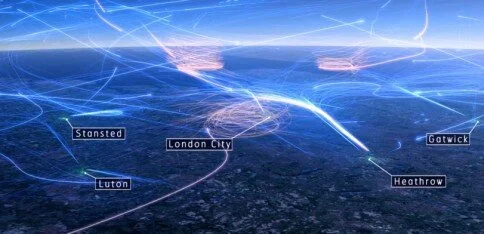STA Newsletter
Issue # November 2016
A bi-monthly online journal providing news and background about activities undertaken by STA with a view to improving the methods, technologies and standards associated to transportation infrastructures.
STA, involved in the EC Acceleration Programme ‘frontierCities2 - Another Level of Impact’
28 November 2016
The Smart Transportation Alliance (STA) will participate in the 24-month project ‘frontierCities2 – Another level of impact’, an EC-funded acceleration programme focused on FIWARE-supported solutions in the Smart Cities area. In particular, STA will lead the project’s Grant Management activities.
FIWARE is a middleware platform, driven by the European Union, for the development and global deployment of applications for the Future Internet. ‘frontierCities2 - Another level of impact’, which will span from 1 December 2016 to 31 October 2018, aims to foster FIWARE deployment in European cities, building on an expanding network of 45 cities currently trialling or deploying FIWARE-enabled solutions.
The project consortium gathers 7 partners, as follows: New Frontier Services (Belgium) –project coordinator-, Engineering Ingegneria Informatica (Italy), University of Surrey (UK), Innova BIC (Italy), S3Transportation (UK), STA (UK) and H3B Media (UK).
The HIPEBA project progresses steadily towards its final stage
7 November 2016
The HIPEBA project (‘High Performance Steel for Safer and more Competitive Safety Barriers') is entering its final stage as a number of final deliverables will be released in the weeks to come. The final outputs of the project will include a prototype product – including computer simulation -, a sustainable cost model for high performance steel barriers, and a societal cost-benefit analysis.
HIPEBA is a 36-month R&D project funded by the Research Coal and Steel Services (RFCS) that aims to develop safer and more competitive road restraint systems. STA leads the project’s communication and dissemination efforts.
“Supplying society with a more secure network of smart transportation infrastructures will decrease their degree of vulnerability to natural and man-made disasters.”
NEWS OF INTEREST
SynchroTeq: A final solution for digitalising railway power infrastructure and optimising transit capacity
VIZIMAX’s SynchroTeq® communication-enabled platforms feature advanced and patented-controlled switching strategies for HV and MV switchgears of any make in railways, metros and light transit.
Currently being rolled out in an operational environment by France's SNCF, the overall objective of this range of products is to overcome the challenges associated with the primary and secondary equipment commonly found in AC and DC traction infrastructures, by:
Digitalising power infrastructure;
Enabling the large-scale deployment of GHG-free switchgears;
Securing the seamless connection of power substations to Power Grids; and
Implementing a neutral-zone design that reduces costs and increases transit capacity.
Heathrow holding times on the decline thanks to new technology
Efforts to reduce the amount of time aircraft spend in holding stacks before landing at Heathrow Airport are paying off, according to new statistics from air traffic control company, NATS.
Since 2014 NATS and Heathrow have been working together to find ways of cutting the amount of time aircraft spend in the stacks, with the latest figures now showing an average reduction of around a minute, equating to a saving of more than 3,000 hours that aircraft spend in the hold each year.
Sustainable transport can deliver savings of US$70 trillion, according to UN report
Greater investment in greener, more sustainable transport systems is essential for propelling the economic and social development that is required to achieve the Sustainable Development Goals, according to an expert panel report delivered to Ban Ki-moon, UN Secretary-General.
The report, Mobilizing Sustainable Transport for Development, finds that global, national and local transport systems are hampered by inefficiencies and a lack of sustainable investments, and provides 10 recommendations on how governments, businesses and civil society should re-direct resources in the transport sector to advance sustainable development.
The Urban Transport Crisis in Emerging Economies
This edited volume discuses urban transport issues, policies, and initiatives in twelve of the world’s major emerging economies – Brazil, China, Colombia, India, Indonesia, Iran, Mexico, Nigeria, Russia, South Africa, Turkey, and Vietnam - countries with large populations that have recently experienced large changes in urban structure, motorization and all the associated social, economic, and environmental impacts in positive and negative senses.
Contributions on each of these twelve countries focus on one or more major cities per country.






